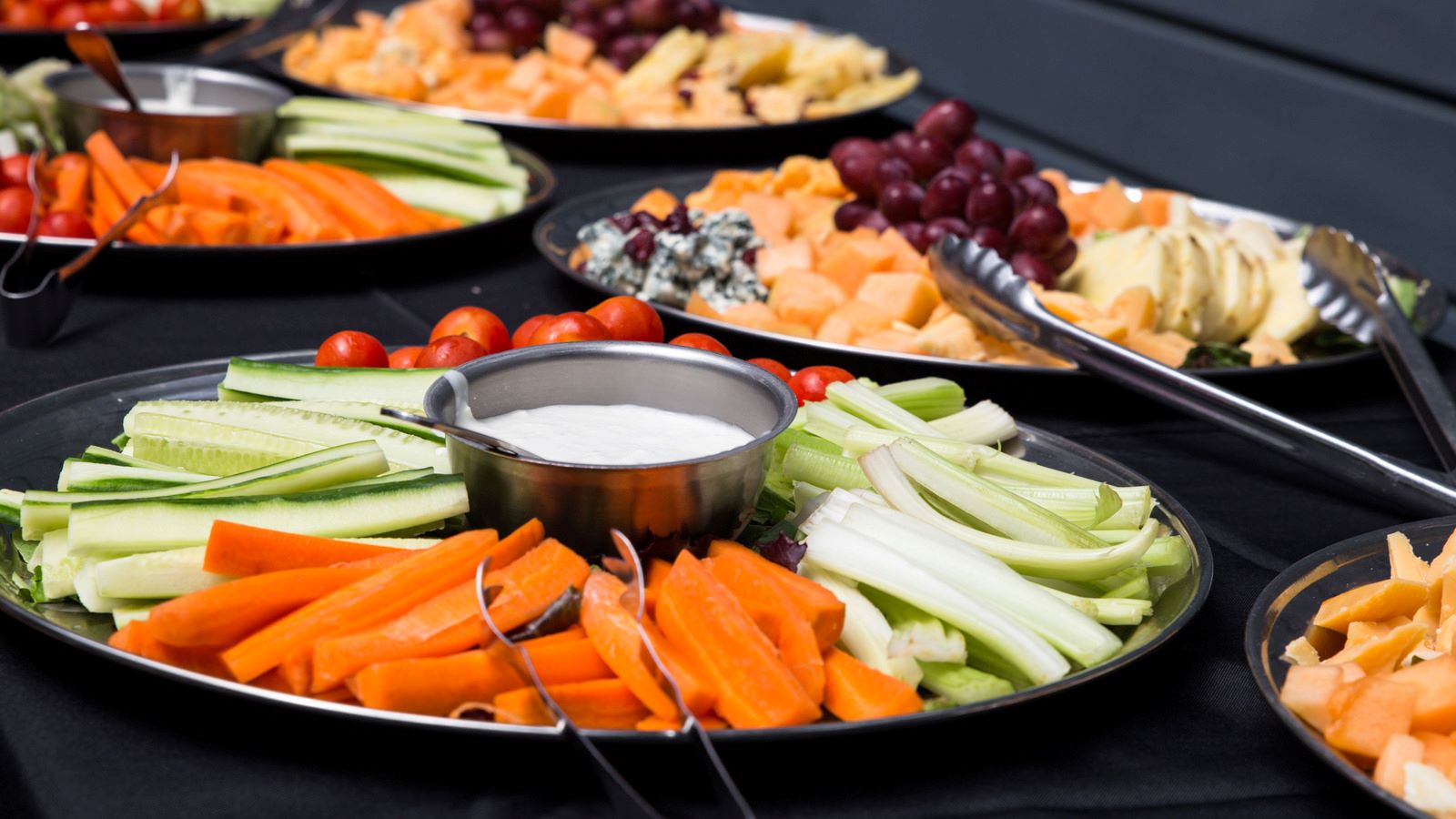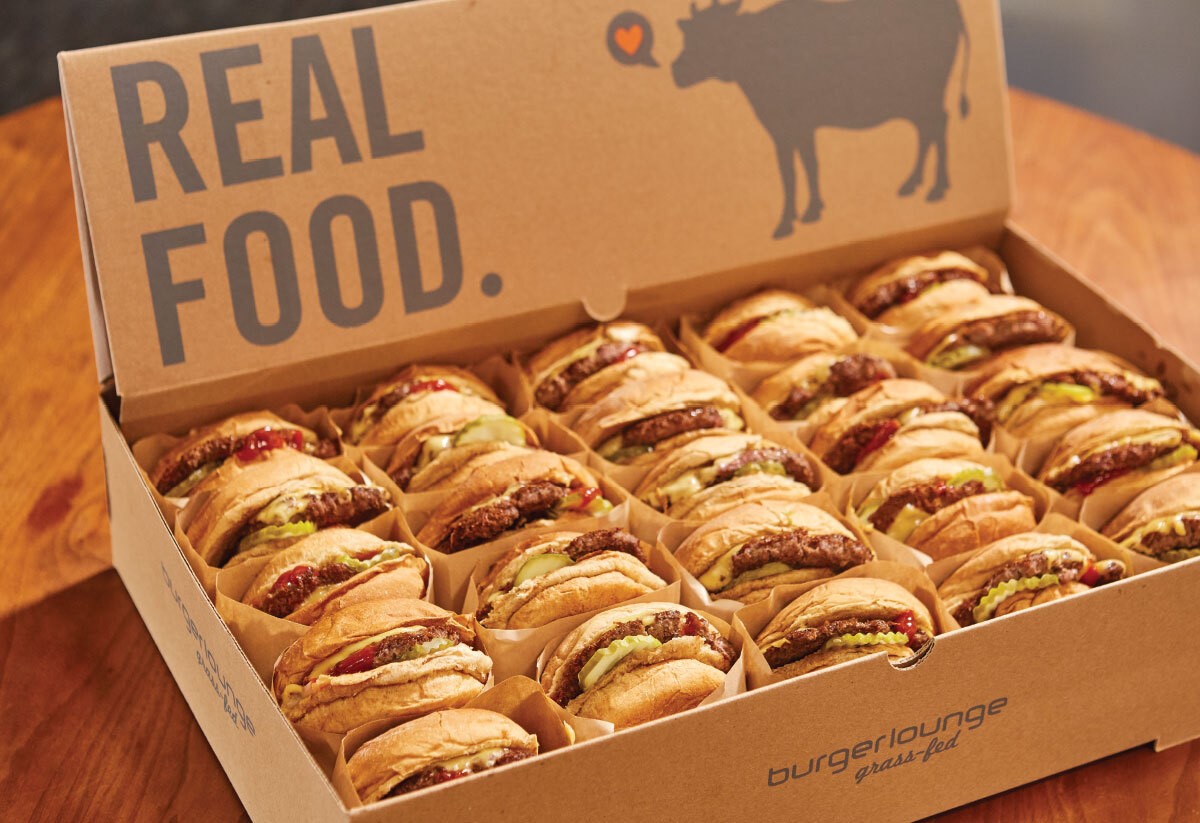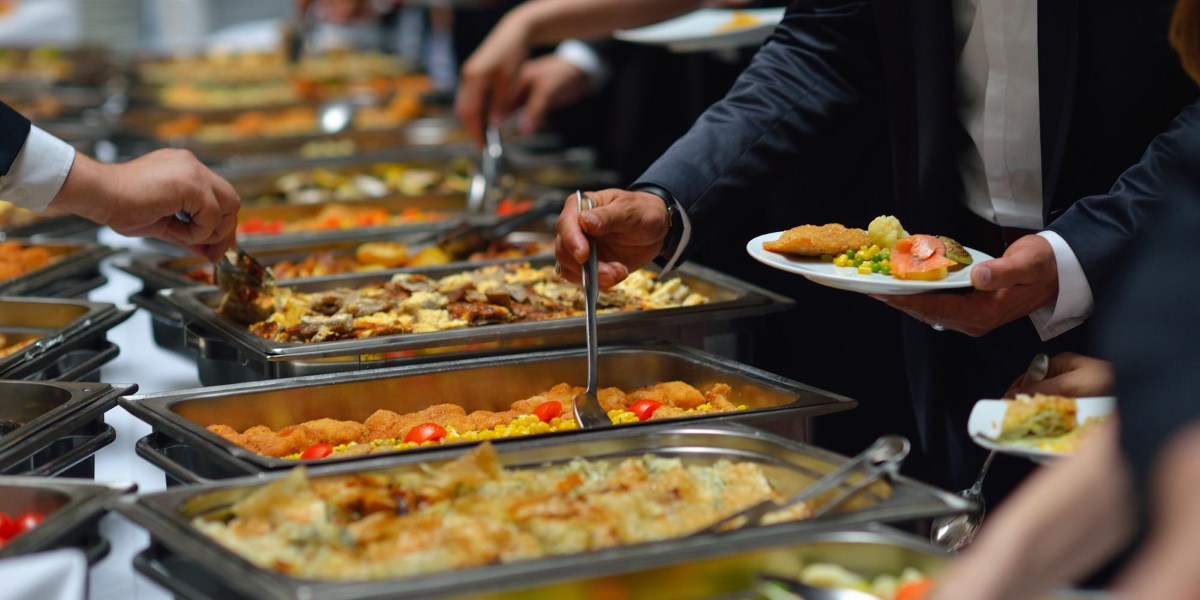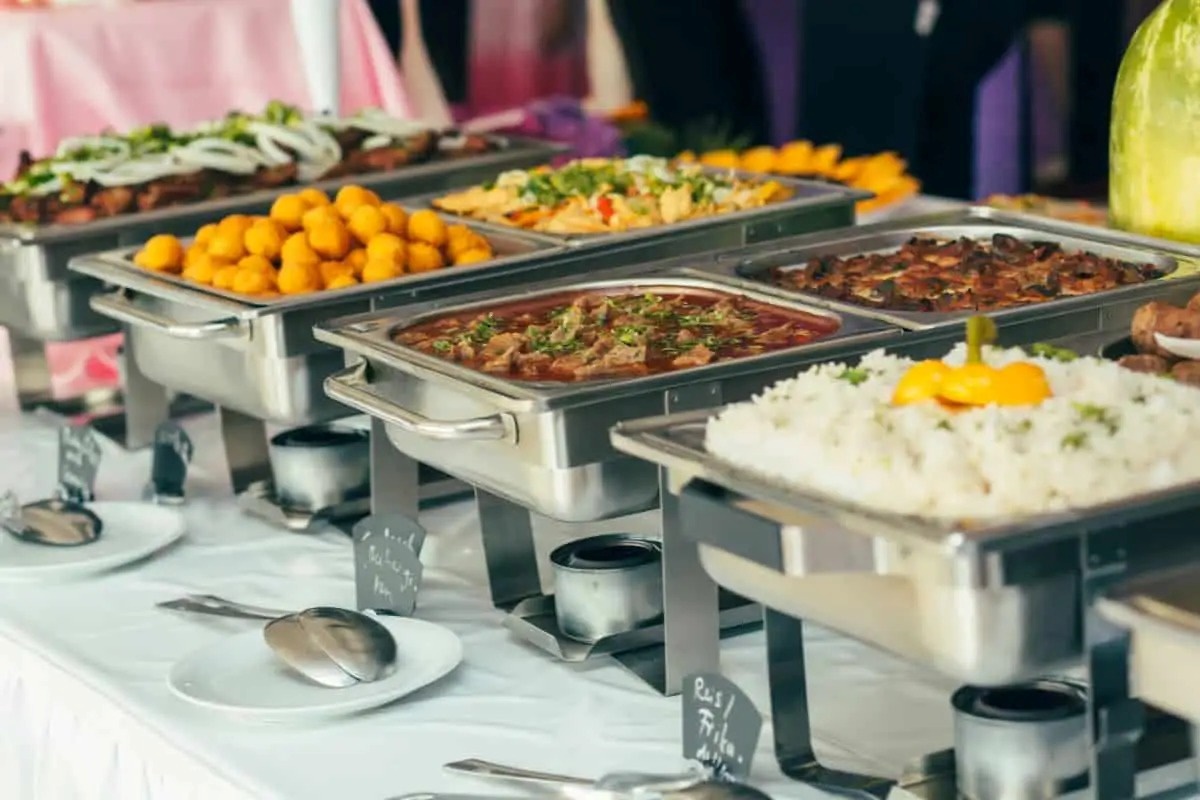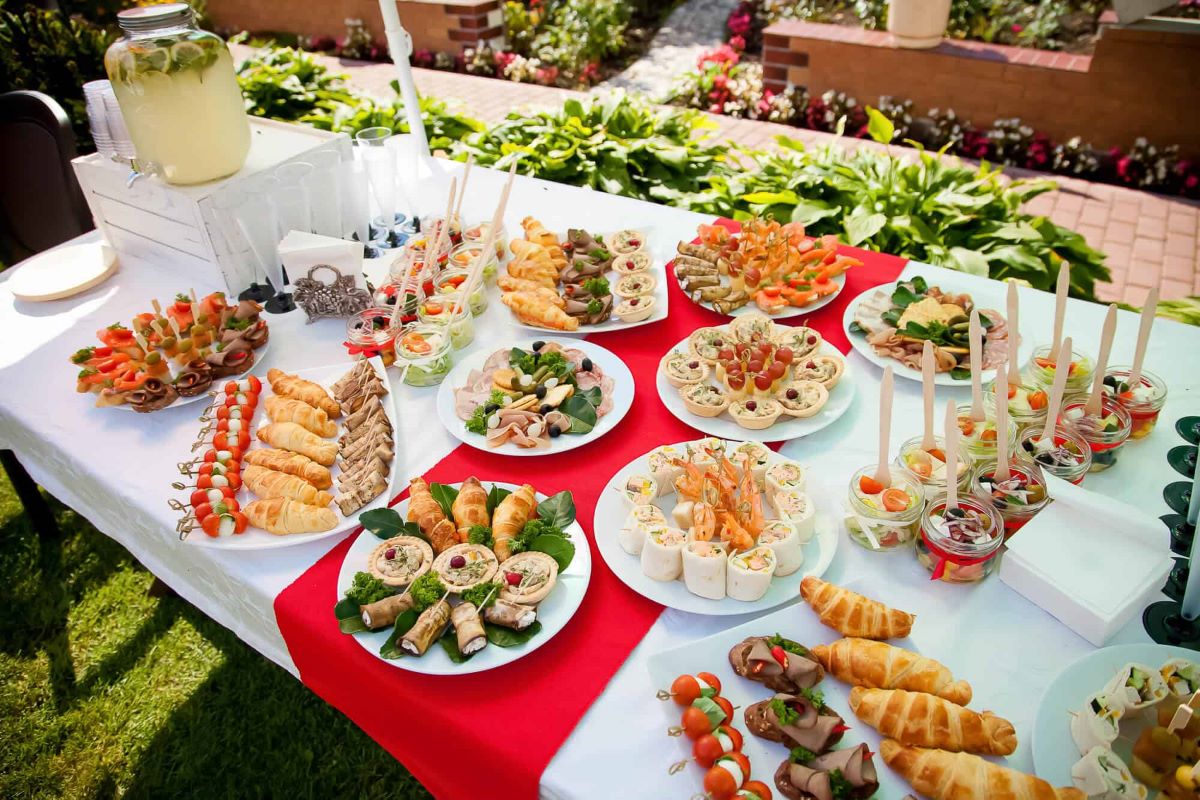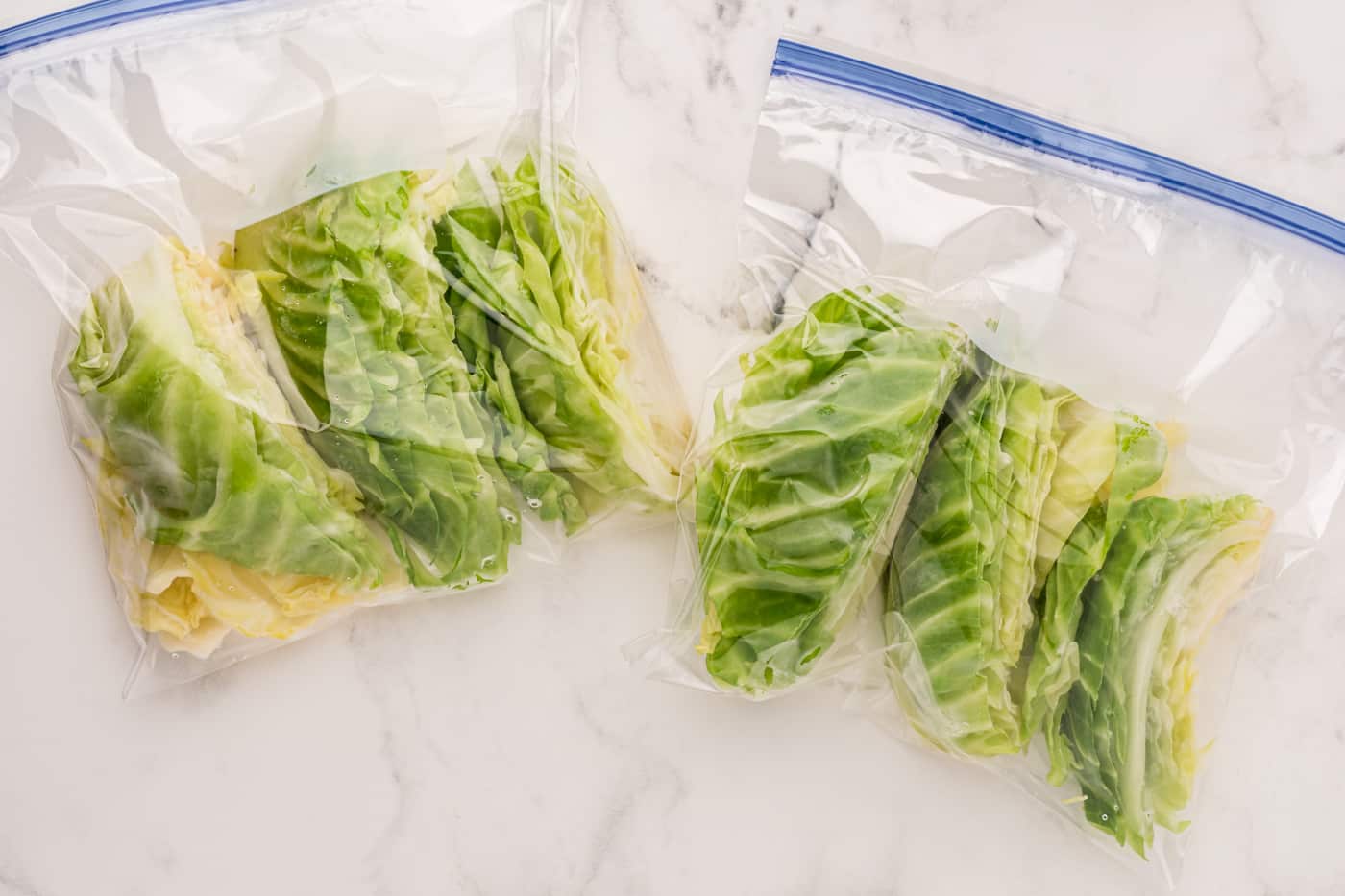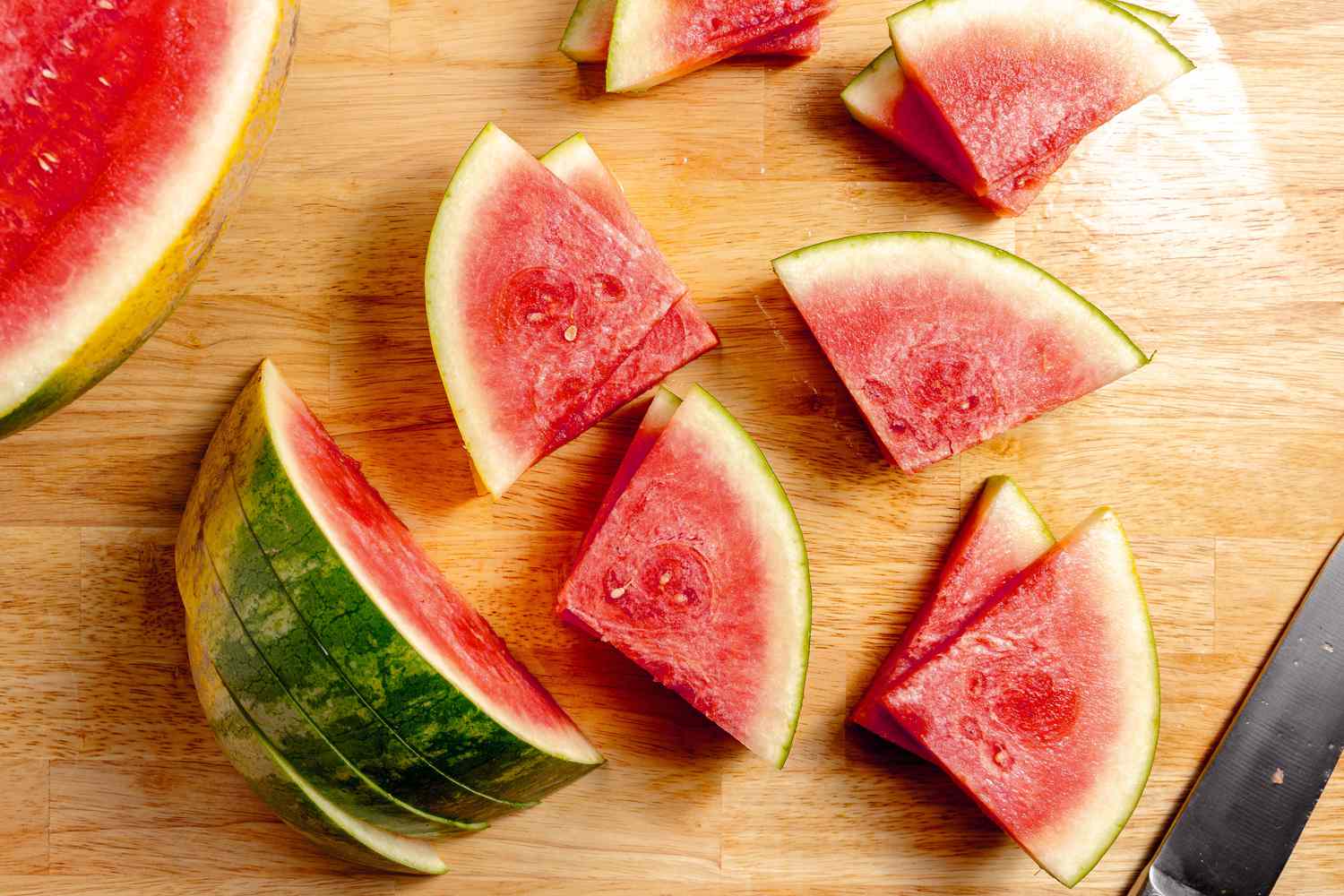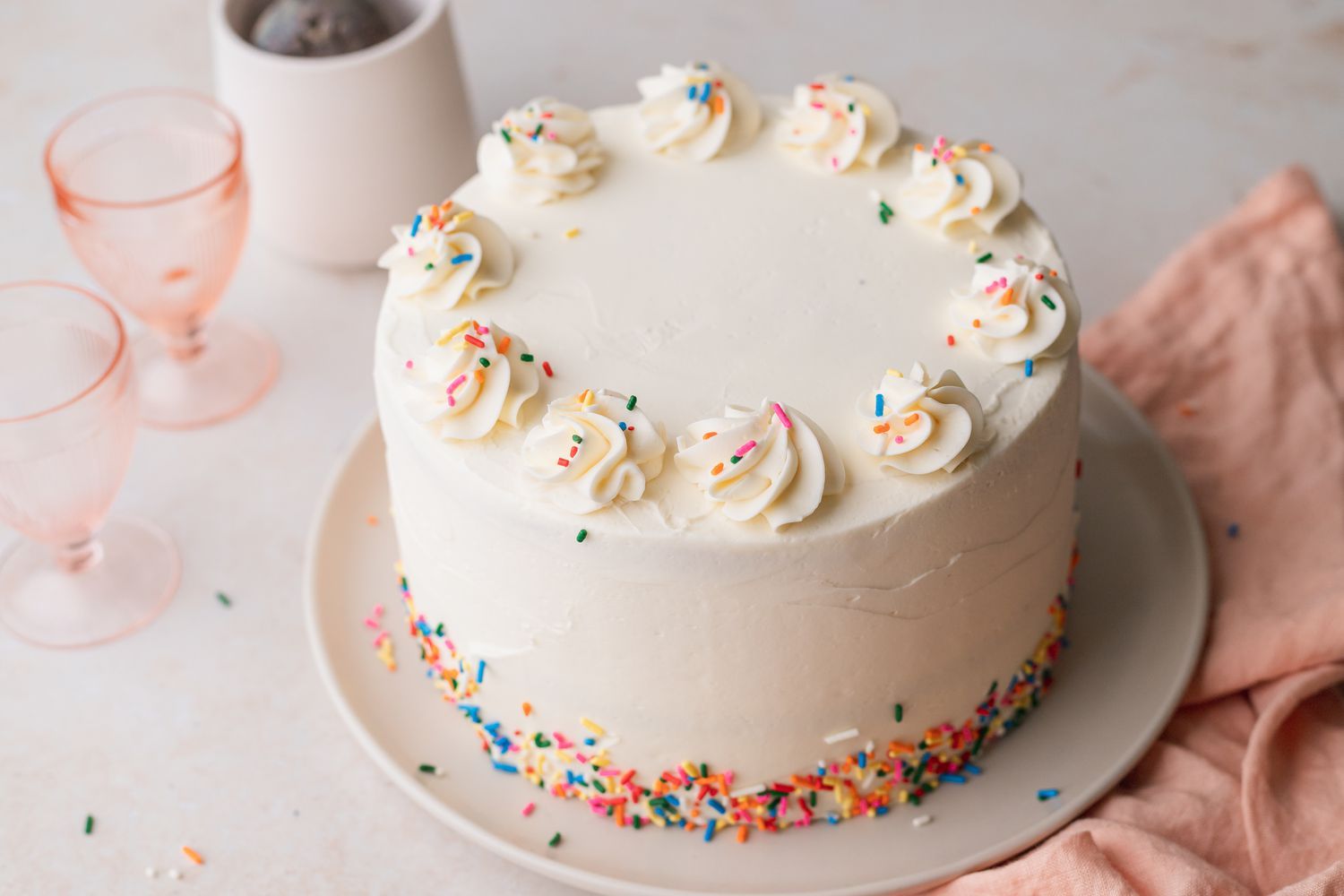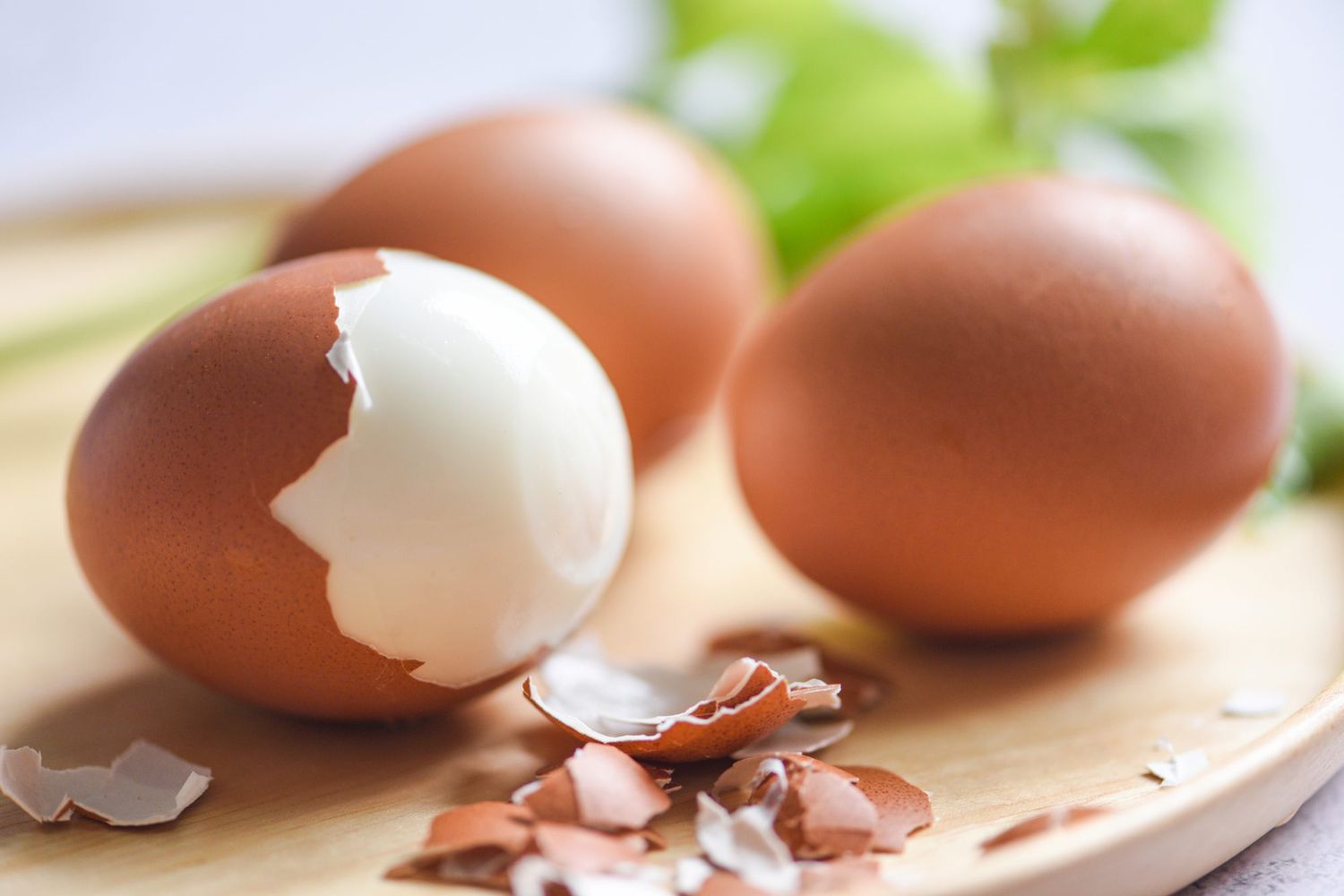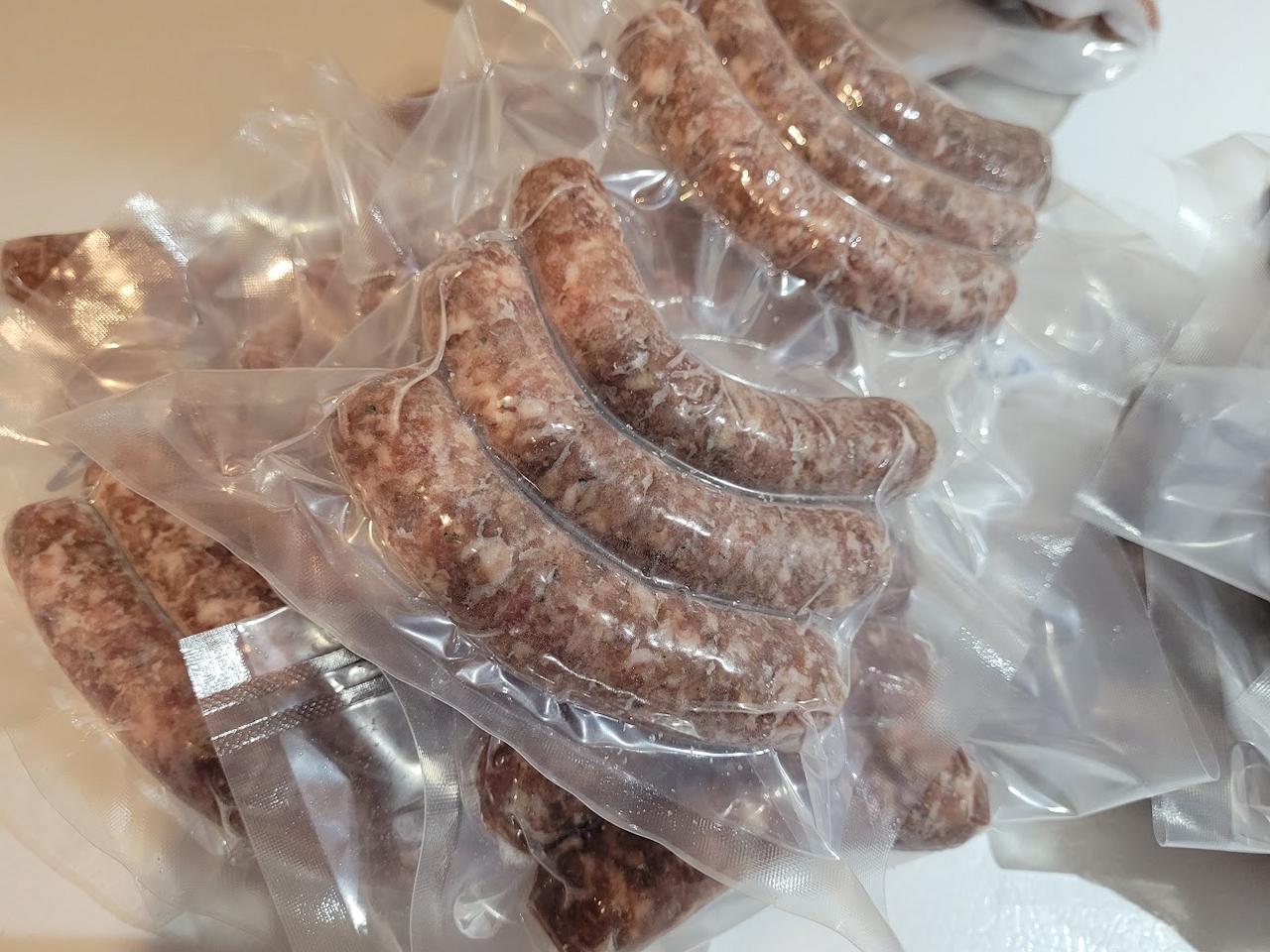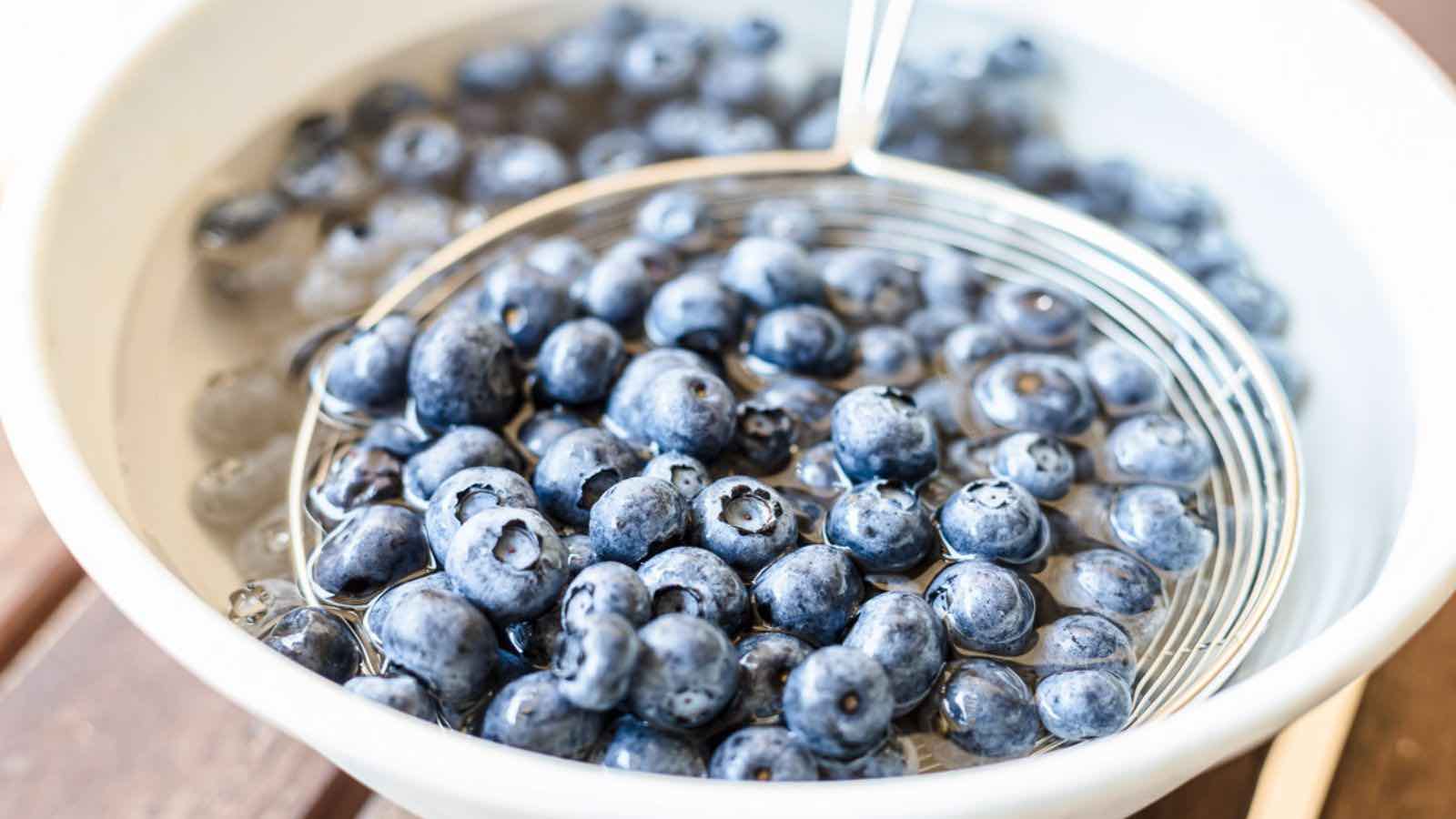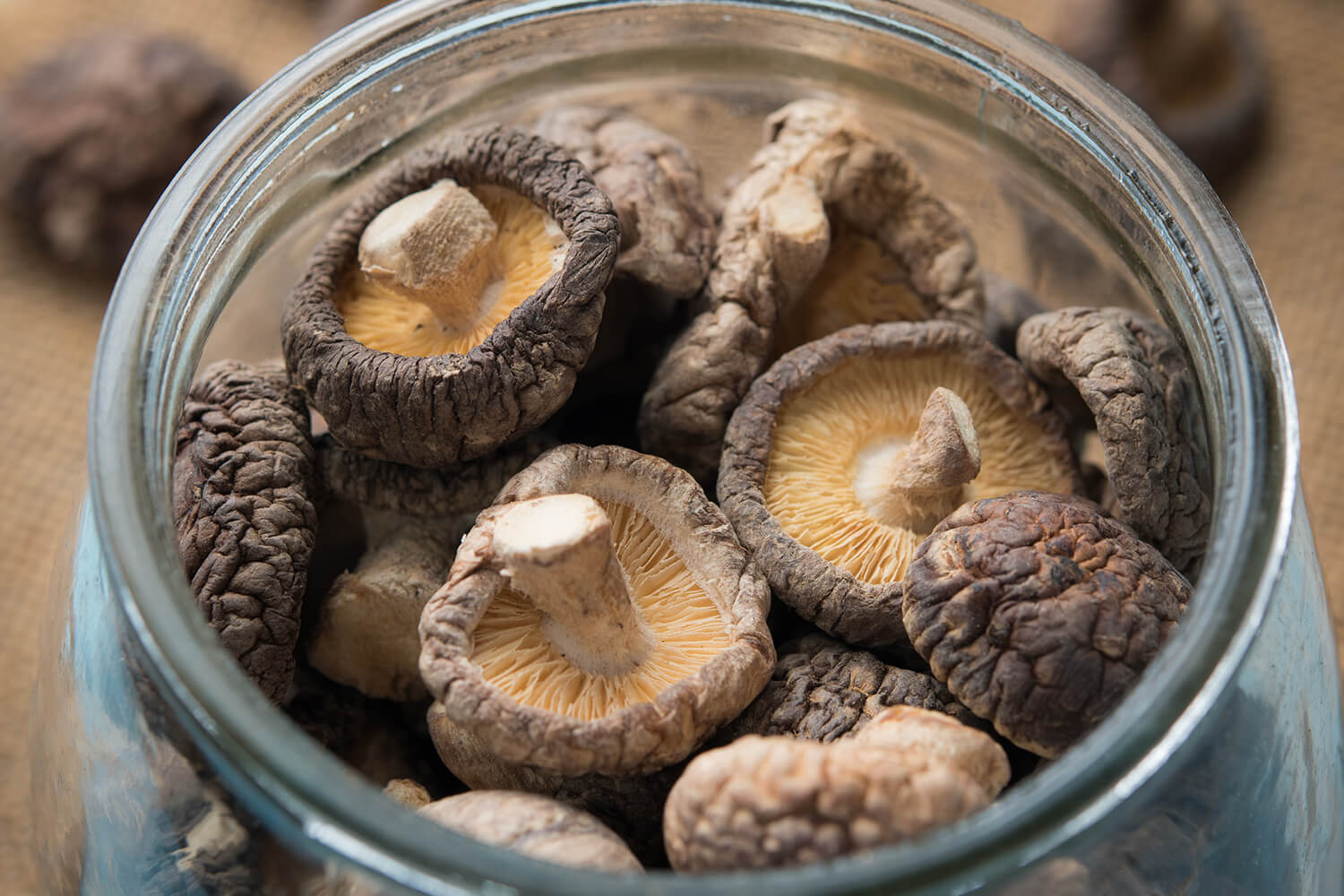Planning Your Own Wedding Catering
Catering your own wedding can be a daunting task, but with proper planning and organization, it can also be a rewarding experience. From selecting the menu to coordinating the logistics, there are several key steps to consider when catering your own wedding. Here are some tips to help you navigate the process and ensure that your wedding day is a culinary delight for you and your guests.
1. Set a Realistic Budget
Before diving into the details of your wedding menu, it’s essential to establish a realistic budget for the catering. Consider the number of guests, the type of cuisine you want to serve, and any additional costs such as rentals and staffing. Setting a clear budget will guide your decisions and help prevent overspending.
2. Create a Menu
When planning your wedding menu, take into account the preferences and dietary restrictions of your guests. Consider offering a variety of options, including vegetarian, vegan, and gluten-free dishes. Create a menu that reflects your personal tastes and complements the overall theme of your wedding.
3. Source Quality Ingredients
Whether you plan to prepare the food yourself or hire a professional chef, prioritize sourcing high-quality, fresh ingredients. Visit local markets and specialty vendors to find the best produce, meats, and seafood for your wedding menu. Fresh, seasonal ingredients can elevate the flavors of your dishes and leave a lasting impression on your guests.
4. Enlist Help
Preparing and serving food for a large group of people can be overwhelming, so consider enlisting the help of friends and family members. Delegate tasks such as food preparation, serving, and cleanup to trusted individuals who can assist you on the day of the wedding. Enlist help to ensure that everything runs smoothly and that you have time to enjoy your special day.
5. Plan the Logistics
Coordinate the logistics of your wedding catering, including the setup of food stations, seating arrangements, and serving times. If you’re renting equipment such as tables, chairs, or dinnerware, make sure to arrange delivery and pickup times that align with your wedding schedule. Plan the logistics meticulously to avoid any last-minute hiccups.
6. Consider Hiring Professionals for Key Tasks
While you may be handling much of the catering yourself, consider hiring professionals for certain key tasks. For example, hiring a bartender or servers to handle the drinks and service can alleviate some of the pressure on you and ensure a seamless dining experience for your guests.
7. Don’t Forget About Presentation
Remember that presentation is key when it comes to food. Even if you’re opting for a casual or buffet-style meal, pay attention to the presentation of the dishes. Thoughtful plating and garnishes can elevate the overall dining experience and contribute to the ambiance of your wedding reception.
8. Stay Organized and Flexible
Throughout the planning process, staying organized and flexible is essential. Keep detailed notes, timelines, and checklists to ensure that nothing falls through the cracks. Additionally, be prepared to adapt to any last-minute changes or challenges that may arise on the day of the wedding.
9. Enjoy the Process
While catering your own wedding requires careful planning and hard work, it’s important to savor the process and enjoy the journey. Embrace the opportunity to showcase your culinary creativity and share a meaningful, personalized dining experience with your loved ones.
By following these tips and staying true to your vision, you can successfully cater your own wedding and create a memorable culinary celebration that reflects your unique style and tastes.
Was this page helpful?
Read Next: How To Cater For A Buffet
